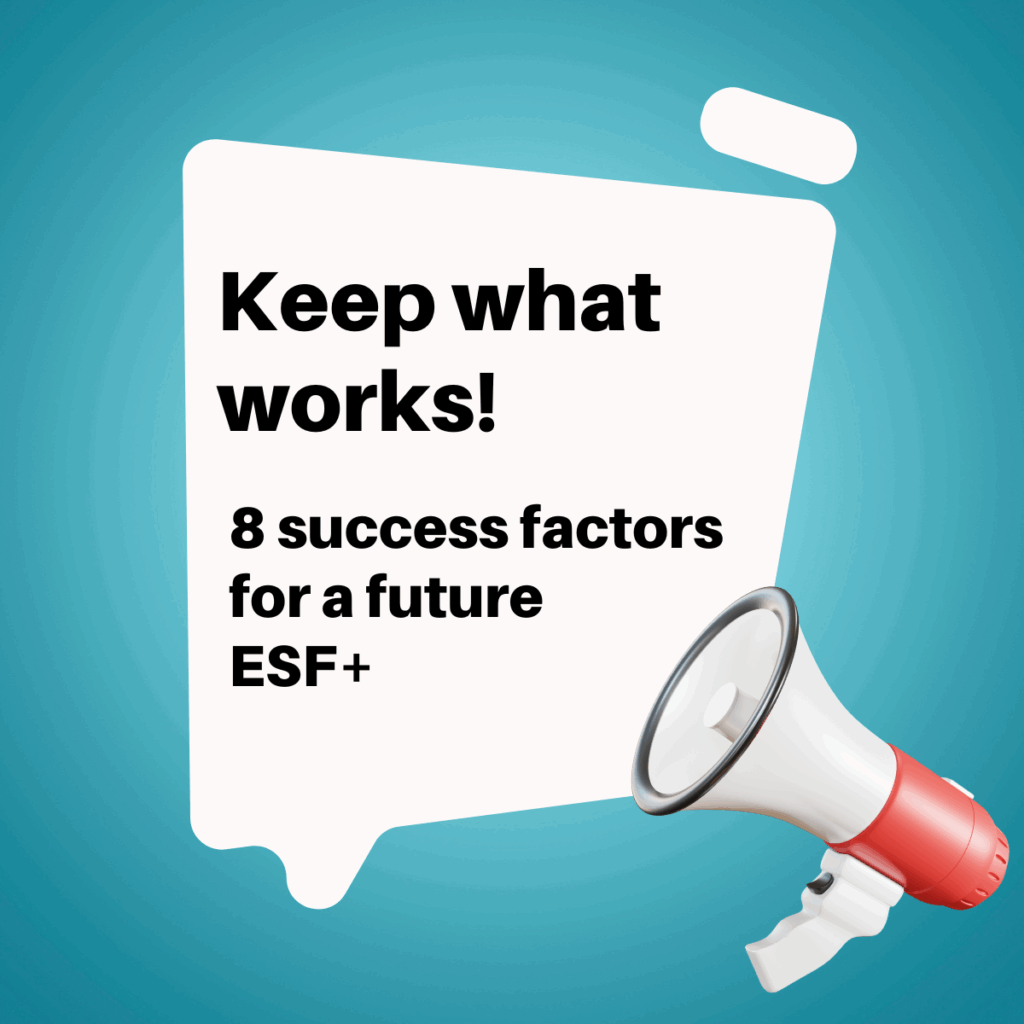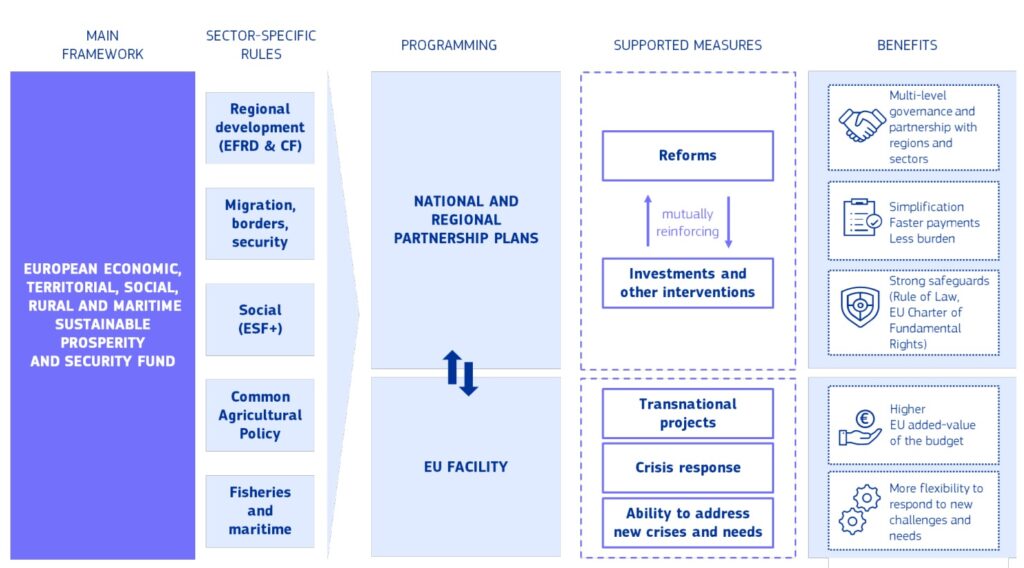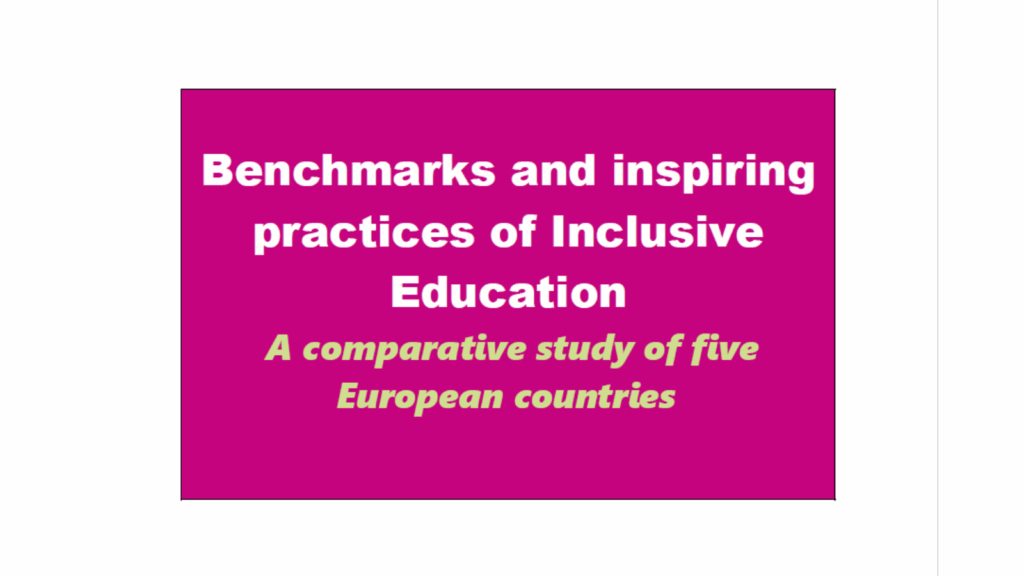Lunches4Kids won second prize in the category “Public Sphere” out of almost 270 projects from the Association of Social Responsibility, which is the largest initiative for corporate social responsibility and UN Sustainable Development Goals in Czechia.
Lunches4Kids is one of several projects run by WOMEN FOR WOMEN charity helping single parents facing a situation in life which they cannot cope with on their own, but are actively trying to solve their problems.
The project was launched by Ivana Tykač, director and founder of WOMEN FOR WOMEN, on 12th September 2013, following the Czech Television report on children, whose parents are not able to pay for their school lunches (in the Czech Republic, each school provides every day warm meal for lunch in a school canteen).
W4W support children whose difficult situation is long-term has no prospect of improvement and for whom a lunch in a school canteen is often the only regular warm meal. W4W works in close partnership with elementary schools. School principals and teachers identify the children in need, using their long-term knowledge about the families. Every application is discussed individually with the respective school. Lunches4Kids is a nationwide project; any school is welcome to apply. One of the crucial principles is also, that direct financial support to the children’s families is never provided.
Lunches4Kids does not address only nutritional issues, but it also helps children not to be excluded by their peers, because going for lunch together is very important for socialisation. The first stage of our project in the school year 2013/2014 has also shown, that many children involved in the project demonstrated increased school attendance and improved outcomes.
The anonymity of children involved in the project is guaranteed, their names are never disclosed. The schools which these children attend of course know their identities, but respect strict non-disclosure rules when administering support. Donors do not support individual children; their donations go to the project itself, and assistance is distributed as needed. Donations may be, after individual consultation, directed to a particular region. Funding is only provided to a school after all the approvals and donations contracts are processed. The schools do not return any remaining deposits at the end of the school year; they use the surplus payments for the children in question in the following period.
There is also one big success: after the first 3 years of financing this project from private donors, it started to be financed also by the Ministry of Labour and Social Affairs (from FEAD) and Ministry of Education, Youth and Sports (each Ministry covers a slightly different group of children).
There are about 4500 primary schools in the Czech Republic (from 1st to 9th grade) and only in 1/3 of them, all children are able to have everyday lunch. In the school year 2019/20, almost 10000 children had lunch thanks to this project. Unfortunately, there are still many schools that hesitate to join the project, complaining about administrative problems, although it has a very simple online application and W4W provides assistance to every single school.
Read more about the project’s story here (PDF).





